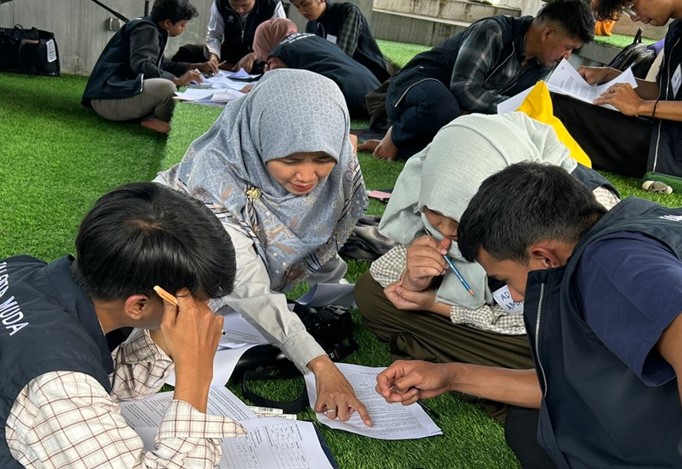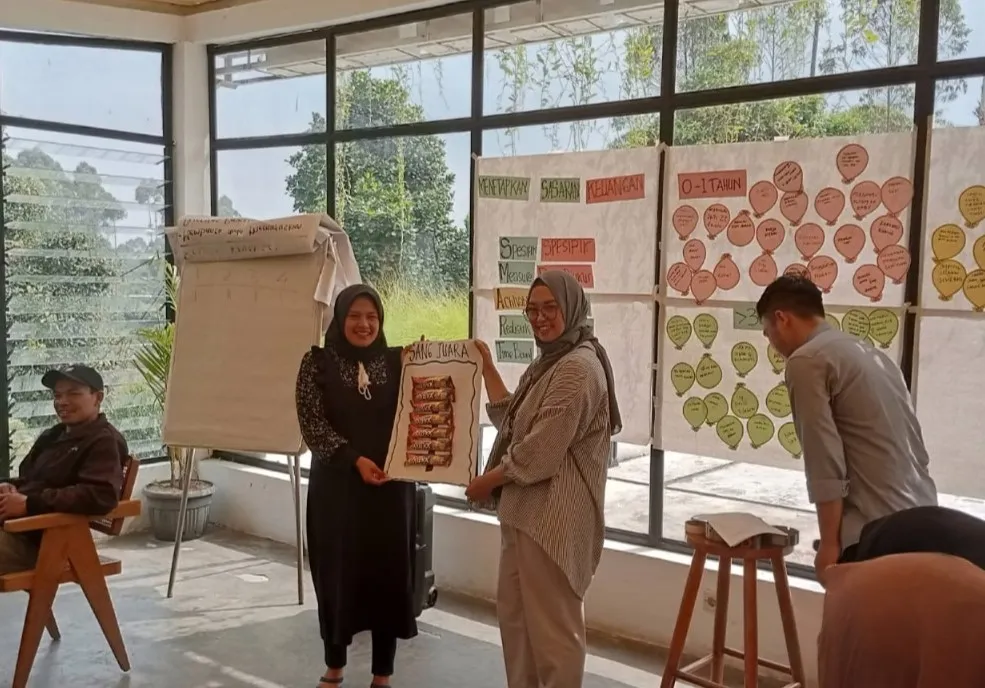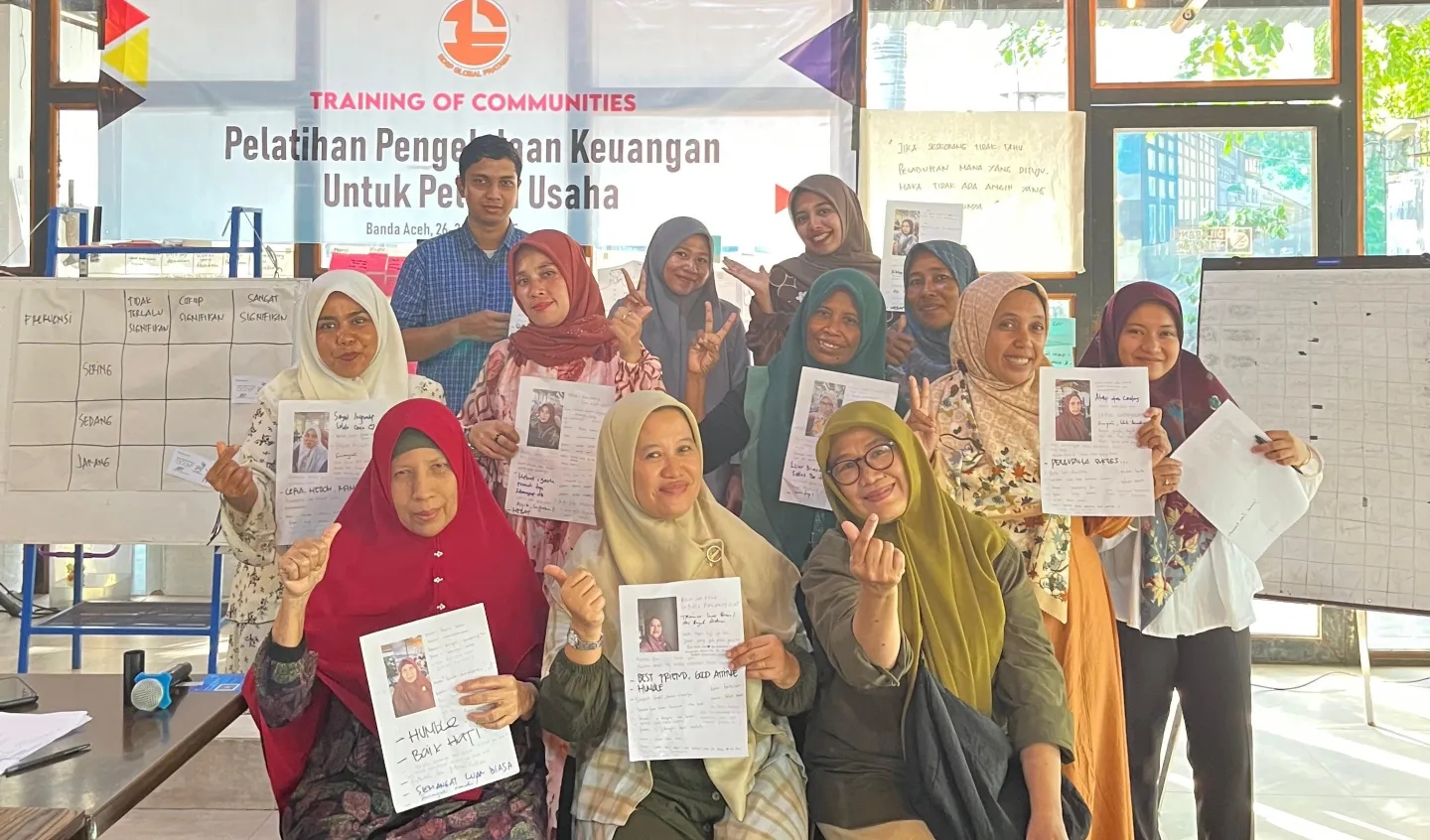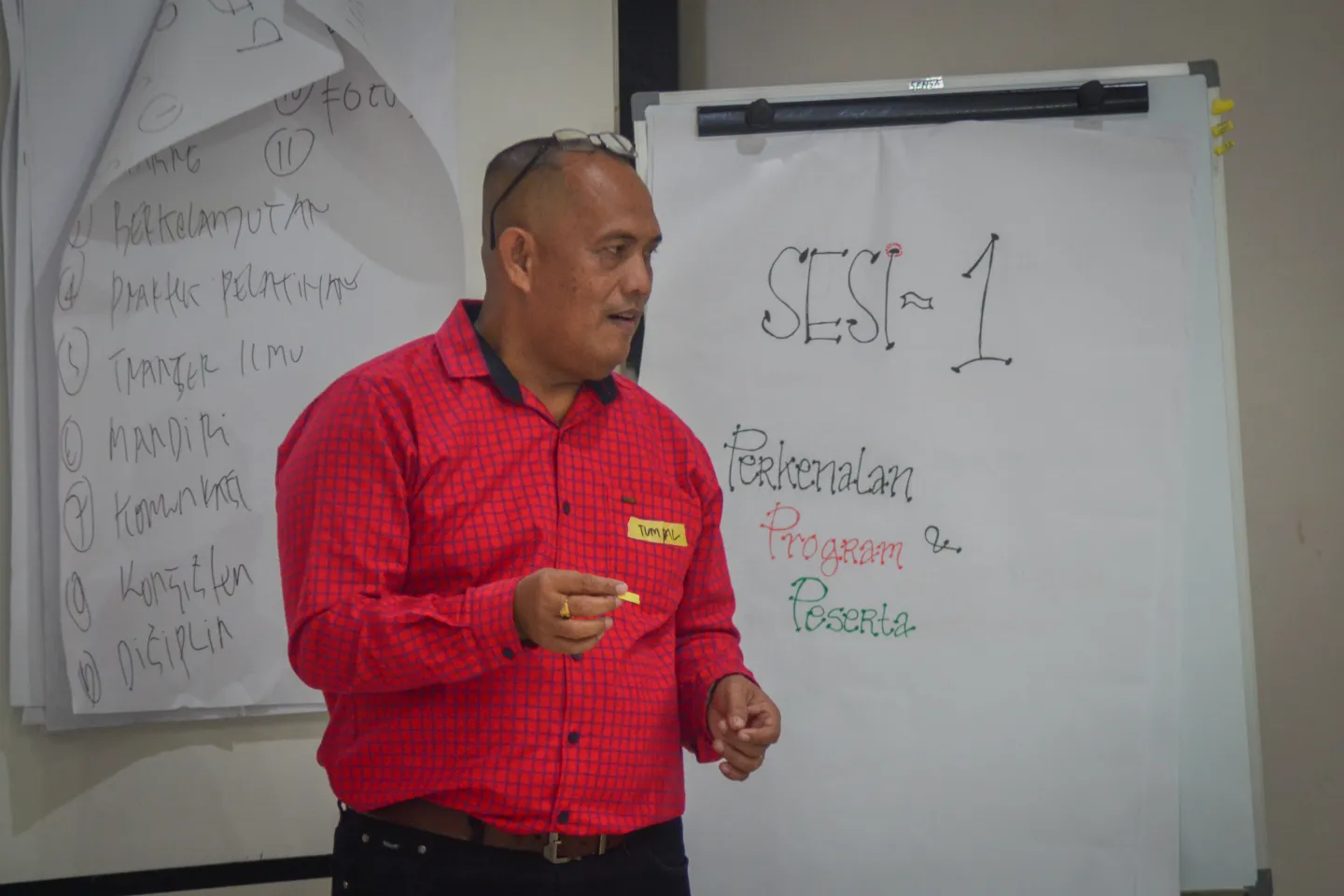Blackmagic Design has released version 3.1.2 of its Blackmagic Camera app for iOS, further refining the feature-rich 3.1 update that introduced ProRes RAW, Apple Log 2, Open Gate recording, and powerful remote-sync tools.
The new release (App…

Blackmagic Design has released version 3.1.2 of its Blackmagic Camera app for iOS, further refining the feature-rich 3.1 update that introduced ProRes RAW, Apple Log 2, Open Gate recording, and powerful remote-sync tools.
The new release (App…

The annual celebration of Gaelic language and culture, The Royal National Mod, returns to Lochaber for 2025. Across radio, television and online, the BBC is bringing audiences live programming from the festival, featuring competitions, analysis…

In rural Indonesia, many small and medium-sized enterprises (SMEs) struggle to grow due to limited access to formal finance. Informal agricultural workers often lack financial records, collateral, or the confidence to approach banks, making them “high risk” in the eyes of lenders and pushing them toward expensive informal loans.
To address this, the ILO’s Promoting SME Enterprises through Improved Entrepreneurs’ Access to Financial Services Phase 2 (Promise II Impact), funded by the Swiss State Secretariat for Economic Affairs (SECO), focuses on building the capacity of local trainers. These trainers help farmers and entrepreneurs improve financial literacy, adopt sound business practices, and use digital tools, ultimately making them more bankable.
“By empowering trainers, we are connecting rural entrepreneurs with the financial services they need,” said Djauhari Sitorus, Project Manager for Promise II Impact. “We aim to ensure they not only gain access to finance but also the skills and confidence to secure formal funding, often for the first time.”
West Java: Building creditworthiness
Since joining the ILO’s online training programme in 2020, Ervin Puluhulawa, a trainer from West Bandung Vocational and Productivity Training Center (BPVP), has become a driving force in empowering local entrepreneurs. Through training programmes using ILO modules like Gender and Entrepreneurship Together (GET Ahead), Financial Education as well as Start and Improve Your Business (SIYB), she has trained over 550 participants, including dairy farmers and small business owners, using engaging adult learning methods.
Her sessions teach cash flow management, savings goals and record-keeping skills that boost eligibility for cooperative and rural bank loans. Many now invest in equipment, expand their herds or develop new products, moving beyond daily income to long-term business growth. “I am proud when farmers use loans to grow their business, not just for consumption. That’s when I know the training works,” she said, proudly.
Unlocking loans through better records

At Koperasi Peternakan Bandung Selatan (KPBS) in Pangalengan, trainer Fitri Herliana Adrian has spent 13 years helping dairy farmers strengthen their financial discipline. After completing the ILO’s Training of Trainers program in May 2023, she has reached 340 participants with lessons on record-keeping by separating household and business finances and setting financial goals. Her coaching has also benefited over 100 farmers, including Iceu, who used a cooperative loan to purchase a milking machine, cut labour costs, and secure education savings for her children.
“When farmers keep daily milk production and expense logs, they have proof of steady income. That’s powerful in a loan application,” Fitri said. “However, for members who are still hesitant to use mobile apps for record-keeping, it is my job to guide them step-by-step until they feel comfortable.”
Aceh: Opening better access to financial services

Nurul Fatmawati, a trainer based in Aceh, has trained more than 1,000 participants using ILO entrepreneurship and financial literacy modules, guiding them to separate household and business funds, plan for planting seasons, and register for employment insurance. She also facilitates access to credit, enabling 11 patchouli farmers to expand their land through Sharia Rural Bank (BPRS) Mustaqim Aceh.
Nurul takes pride in a recent success story: a patchouli farmer who, after keeping proper financial records for six months, secured formal financing to expand his land. “He told me that he never thought a bank would trust him. That’s the kind of change that keeps me motivated,” she said, adding that her greatest pride lies in seeing these farmers grow more financially literate and feel optimistic about their futures.
East Nusa Tenggara: Accessing finance with better terms and conditions

Tumpal P. Situmorang, a lecturer at Universitas Wira Wacana Sumba for 25 years, has trained over 250 seaweed farmers, 24 horticulture farmers, and 24 micro and small entrepreneurs in East Sumba Regency of East Nusa Tenggara (NTT) to calculate production costs and set profitable prices.
“If they can calculate how much rope they need for drying seaweed, they can calculate their production costs and set a price for profit,” he explained.
These skills improve farmers’ bargaining power and provide the financial data needed for formal loan applications. Through the ILO’s collaboration with the local Bank NTT, 24 farmers accessed zero-interest loans, enabling ventures like seaweed snack production and clothing shops. As a result, local farmers are now shifting away from high-interest informal credit toward secure, affordable financing.

Researchers at the University of Maryland School of Medicine’s Center for Vaccine Development and Global Health (CVD) have completed a successful Phase 1 clinical trial of a novel vaccine designed to protect against both typhoid fever and…

Supply chain disruptions are putting European car parts production and the green transition at risk. Recent export restrictions have exposed Europe’s dependence on external suppliers for permanent magnets and rare earth elements. These magnets are used throughout a vehicle: to start the engine, run the power steering, operate air conditioning and cooling systems, control braking, and support many other automated functions. CLEPA, the European association of automotive suppliers, has published a new position paper outlining urgent measures to secure industrial capacity, maintain competitiveness, and prevent future production stoppages.
“The supply chain challenges we face continue. With stockpiling virtually impossible, there is a continued risk of production stops in EU plants,” said CLEPA Secretary General Benjamin Krieger. “This is not just a temporary logistics issue – Europe’s full dependence on external suppliers poses a long-term structural risk that threatens EU competitiveness and undermines our ability to deliver on the green and digital transition.”
CLEPA’s position paper calls on the EU to adopt a cohesive and forward-looking strategy that addresses both direct and indirect dependencies across the critical raw materials value chain. Key recommendations include:
CLEPA emphasises the need for alignment with the EU’s broader industrial and environmental policies, including the Critical Raw Materials Act (CRMA) and the End-of-Life Vehicles Regulation (ELVR), to ensure Europe’s automotive industry remains resilient, competitive, and sustainable.

Medications a person took years ago can still influence the community of microbes living in their gut, according to a large study conducted by the University of Tartu Institute of Genomics.
By examining stool samples and prescription data from…

Alzheimer’s disease (AD) represents the most common form of dementia, afflicting over 50 million people worldwide, with numbers projected to triple by 2050.1 Notably, epidemiological studies consistently demonstrate significant…

SHIMANO has presented a new and striking version of its CUES components. A special edition in polished aluminum that combines modern performance with the elegance of classic finishes. With this release, the Japanese firm…
